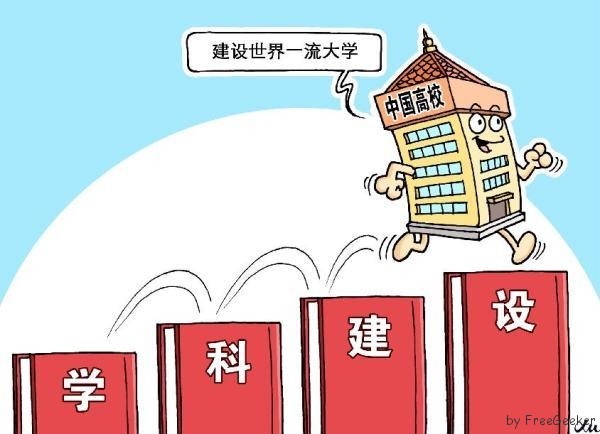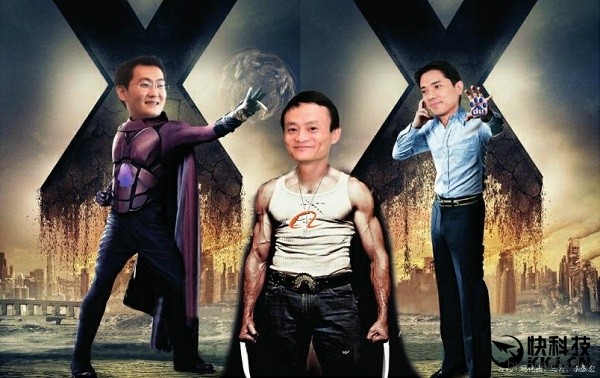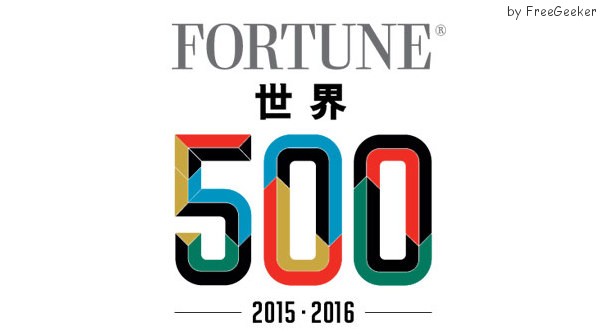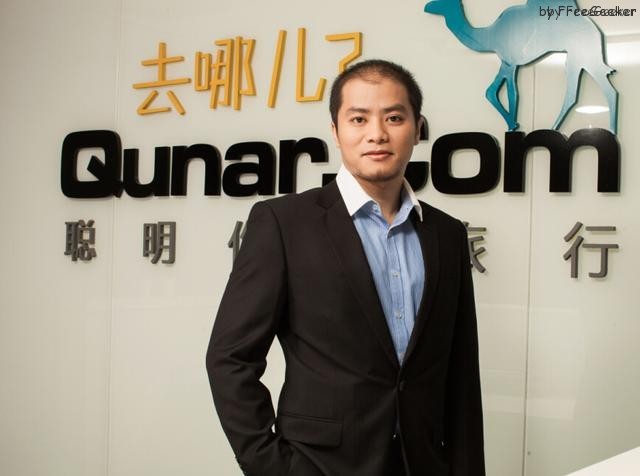Asia
Asia, 30 January 2012
Faced with a challenging and unfavourable economic backdrop, institutional investors should focus on agility, flexibility and efficiency when planning for the year ahead, according to Mercer.
“Despite the current gloom, there will be investment opportunities and actions that investors can take to manage risk, which could make a real difference to investment outcomes over the year,” he added. “But investors will need to be clear about their objectives, flexible in their outlook and quick to take action as events unfold during 2012.”
Mercer believes the key economic and financial challenges for 2012 will be:
- An improving US economy and the continued strength of emerging market economies could yet lead to respectable global growth. A challenged Europe however poses a very real threat to global economic prospects.
- The opening act of the Eurozone financial crisis is yet to be played out and the saga will continue as politicians try to implement a blueprint for a fiscally-responsible Europe.
- Further coordinated policy responses from political and financial authorities could ease the sense of crisis in the short-run but could equally raise long-term inflation expectations given the potential for creating a wall of money.
- The corporate sector should remain relatively healthy but is unlikely to be immune from credit scarcity and difficult economic conditions.
- Focus on “fair capitalism” will increase, including consideration of the rewards for capital versus labour, of principals versus agents and of inter-generational equity.
- The scope for further shocks, from diverse sources, will remain elevated. Even if the gloom of abject growth lifts, the fog of uncertainty is likely to remain.
Looking globally, the implications for institutional investors wishing to seize opportunities arising from this environment are:
- Events will continue to move fast – this suggests that portfolio flexibility and real-time governance models will have a greater chance of success than buy and hold strategies. Nick White, Asia Pacific Director of Consulting for Mercer Investments, said: “More institutional investors will be moving to a ‘floating strategic asset allocation’ mind-set whereby the investment strategy evolves and morphs over time, in order to grasp opportunities and exploit valuation anomalies.”
- Scarcity of credit and the reduced role of banks in the lending arena will provide further interesting possibilities for investors to build and broaden credit portfolios, albeit some of these will be illiquid in nature.
- Investors will need to make some sharp judgments on sovereign bond investing – do they want insurance or investment returns? Mr White observed: “We expect more investors to diversify away from expensive sovereign debt into a range of corporate and asset-backed varieties. They may be aided in doing so by ‘fire sales’ of debt by de-leveraging banks.”
- The macro environment will be challenging for stock-pickers, with manager success depending much more on overall positioning than bottom-up stock selection. Whilst equity valuations do not appear demanding, the economic uncertainty may well continue to favour high-quality, low-volatility stocks.
- Investors will expect greater discipline from those who deploy their capital and will also seek to ensure that the agents do not extract unfair rewards. Efficiency and value-for-money will be important watchwords. Active management fees will experience continuing pressure.
- Investors will seek to use scale to their advantage – to reduce the cost of investing and also to exercise stronger stewardship.
- Rising longer-term inflation expectations will spark innovation, with investors hunting for income streams with in-built inflation protection. Government attempts to foster infrastructure investment may yield results as a consequence.
- Effective stewardship will require more focus on fundamental risk (risk of permanent loss of capital) and less on volatility. Also ‘point’ estimates of returns should not drive decisions but an understanding of the potential distribution of future returns.
- Investors with a defensive mind-set should focus more on companies with visible and sustainable cash-flows – the companies which will likely be the Darwinian winners from the change process. Investors who have a greater risk appetite may be willing to entertain value opportunities but will need to recognise that it may take a while for markets to reward these opportunities.
- Investors will need to re-think their strategic currency positions; currency realignments may well occur in 2012, leading to increased scrutiny of established hedging arrangements.
"As the global economy faces considerable uncertainty in 2012, Asian institutional investors continue to assess where best to take risk and how to manage the impact of rising inflation. The weighting within portfolios to Asian assets, which continues to grow, will remain a theme and use of market weighted index benchmarks will increasingly come under review. For larger institutions, increasing allocations to alternatives will remain an important strategy for diversifying overall portfolio risk,” Mr Flynn added.









